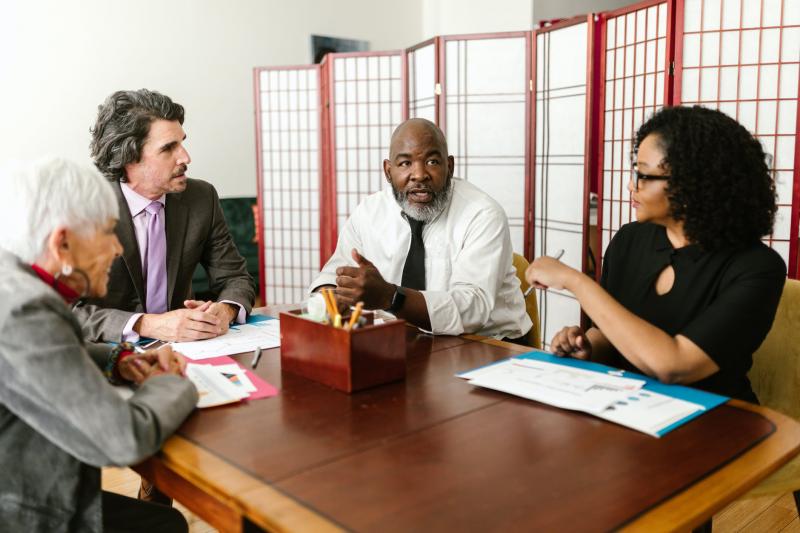Introduction

Old city entrance
Pexels, Maria Orlova
The cultural heritage, memory and history of a neighbourhood or a city is not only found in museums, buildings, documentaries, traditions and books, but remains alive in its people and their stories.
Oral History Groups involve cultural workers and citizens, history amateurs gathering oral testimonies of people in their neighbourhood/area. They approach these interviews, primarily and "from below", historical periods of their place, contributing to the "official", academic history a wealth of material with a dominant component of the experience, the experience of the narrators.
A community can preserve important historical data through the oral memories and testimonies of its inhabitants, thus preserving important elements of its tradition and culture.
Task

Group Interview
Pexels, RODNAE Productions
Your task as a community cultural worker (archivist, librarian, curator etc) is to organize and conduct an oral history interview with a group of elder or younger citizens regarding a topic connected to your area’s history, everyday life, tradition and/or culture.
Process
In the resources section under documents there are detailed instructions (step by step) on how to prepare and conduct an oral history interview, as well as how to store and use the information collected in your interviews. Furthermore, you can find useful information and guidance in the resources section where you can find a video analysing how to conduct an oral history interview, and two web pages with guidelines and step by step instructions and tips on how to organise and conduct an oral history interview with citizens.
Conclusion
Once you have completed this module you will realise the importance of oral history interview in the promotion and preservation of history and cultural heritage in your community, you will gain basic knowledge and skills to conduct oral history interviews with members of your community on issues related to the history, daily life, traditions, and cultural heritage of your community or city.
Evaluation
Learning Objectives
- Users will learn about oral history, oral history interviews and testimonies and their importance for the preservation of the history and cultural heritage of the community.
- Users will learn how to perform an oral history interview step by step and exploit its results.
- Users will learn to appreciate the role of oral history in community history and cultural heritage.
Knowledge
- Users will learn to describe what oral history is and why is it important for the community’s history and cultural heritage preservation.
- Users will learn to recognize the steps, tips and standards of an oral history interview.
Skills
- Users will be able to explain the importance of oral history for the community's history and cultural heritage preservation.
- Users will learn to select the appropriate subject of the interview, identify the appropriate interviewees, the place of the interview and identify possible questions to be asked.
- Users will learn to discuss with fellow citizens/interviewees during the interview, extract valuable oral testimonies and summarise the results.
- Users will be able to argue about the importance of oral history and relate individuals’ testimonies with the history of the community and the preservation of cultural heritage of a community.
- Users will be able to combine the different steps, directions and tips given and perform an oral history interview with a group of elder or younger citizens regarding a topic connected to their area’s history, everyday life, tradition and/or culture.
Attitude
- Users will be able to appraise the importance of oral history interviews and testimonies for the history and cultural heritage preservation of their community.






